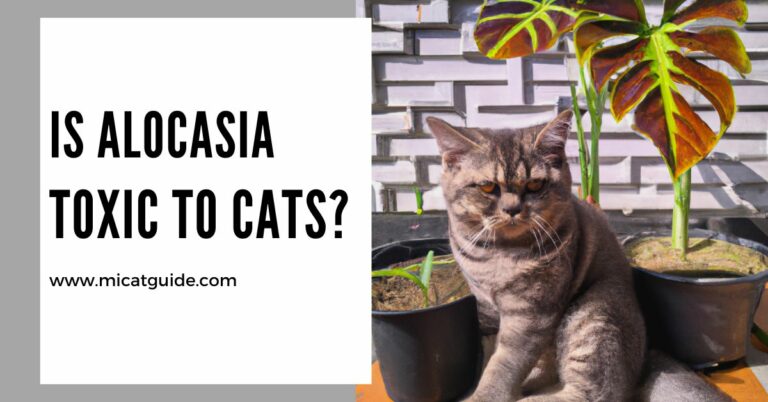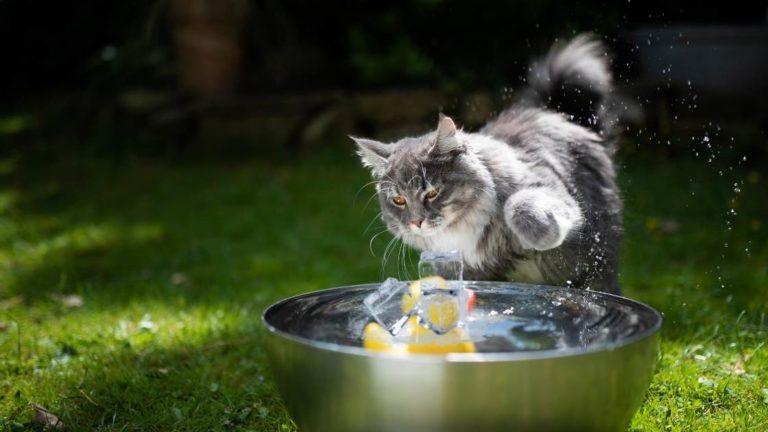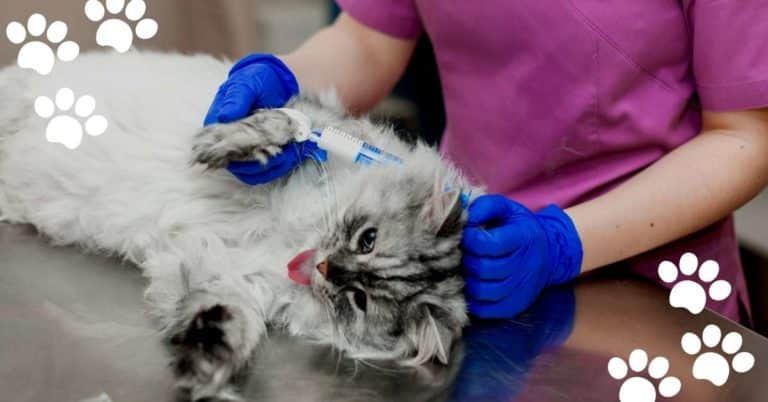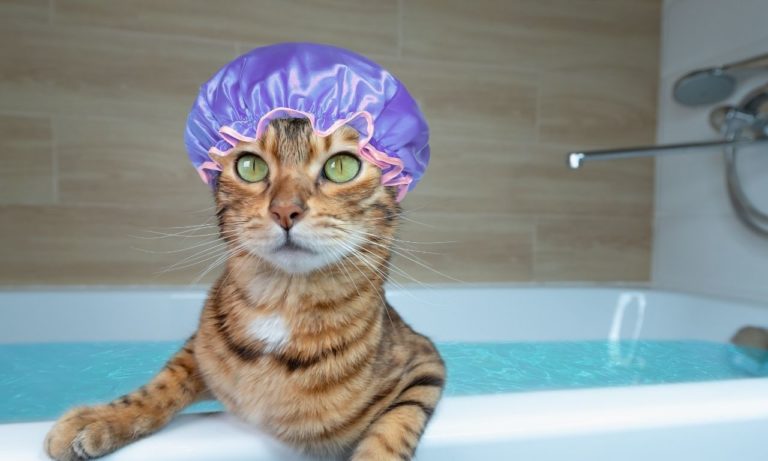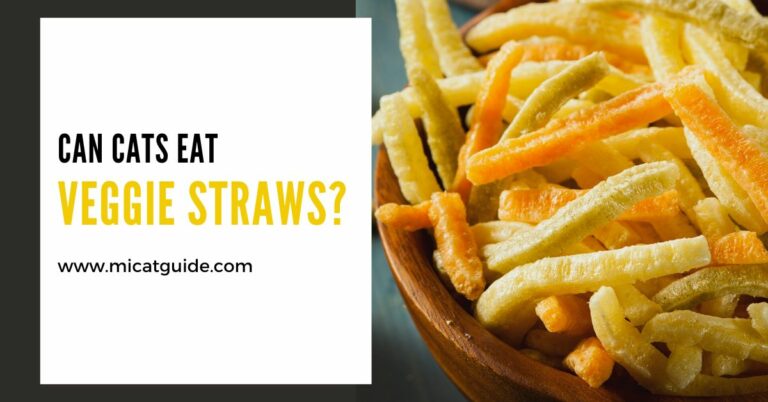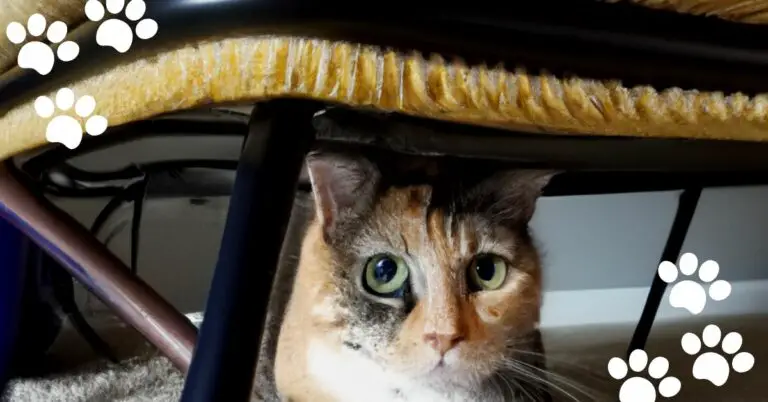Understanding Cats’ Dietary Needs and Nutrient Absorption
Cats, known for their picky eating habits and enigmatic nature, require just the right balance of nutrients to maintain optimal health and vitality. From their ancestors’ carnivorous diets to their modern pet-food preferences, understanding what your feline friend needs to thrive is essential. Join us on a deep-dive into the world of feline nutrition, exploring not just what cats need to eat, but how their bodies absorb these vital nutrients.
Why Understanding Cat Nutrition is Crucial?

Your cat’s diet directly impacts their longevity, energy levels, and overall wellbeing. With felines being obligate carnivores, they require a diet high in animal-based proteins, essential amino acids, and specific vitamins like taurine, which are critical for heart function and vision.
Ignoring their dietary needs can lead to a myriad of health problems, ranging from obesity and diabetes to malnutrition and organ failure. This makes it pivotal for cat owners to be well-informed about what their pet needs to maintain a healthy diet.
Basics of Cat Nutrition
Cats require six classes of essential nutrients – water, proteins, fats, carbohydrates, minerals, and vitamins. The quality and source of these nutrients are paramount. For instance, sourcing protein from meat, poultry, or fish ensures cats receive the full range of amino acids their bodies cannot produce.
One critical difference between humans and cats is their dietary requirements for certain vital nutrients. For instance, cats cannot convert beta-carotene, found in plants, into vitamin A as humans can, making animal sources the only route for them to obtain this critical nutrient.
Essential Nutrients for Cats
- Proteins are necessary for muscle development and immune function.
- Fats provide energy and support healthy skin and a lustrous coat.
- Carbohydrates, while not a feline requirement, can be a digestible energy source when provided in moderation.
- Minerals like calcium and phosphorus are vital for bone health.
- Vitamins are essential for various functions, from vision to blood coagulation.
Feline Versus Human Nutritional Needs
Understanding the differences between feline and human nutritional needs is crucial for meeting your cat’s dietary requirements. For instance:
- Cats need a higher intake of certain nutrients like arginine, which is essential for their unique metabolism.
- Quality over quantity is the mantra for feline diets, as their digestive system is designed for high-protein, high-moisture content foods.
Nutrient Absorption in Cats
The digestive system of cats is finely tuned to process and absorb nutrients efficiently. With a relatively short digestive tract optimized for digesting animal products, cats can quickly extract the necessary elements from their prey. From the enzymes in their saliva to the complex process of protein digestion in the stomach, every step is designed for nutrient utilization.
How Cats Digest and Absorb Nutrients
Upon ingestion, a cat’s salivary enzymes begin breaking down the food, although to a lesser extent than in humans, and the stomach’s increased acidity further aids in digestion. The small intestine is the primary site of nutrient absorption, where villi and microvilli increase the surface area for absorption of amino acids, fatty acids, and simple carbohydrates.
Common Issues Affecting Nutrient Absorption in Cats
Certain health conditions and dietary factors can hinder nutrient absorption in cats. Chronic gastrointestinal disorders, like inflammatory bowel disease, can impair the function of the intestine to absorb nutrients properly. Dietary intolerance and allergies can also lead to malabsorption issues if not addressed appropriately.
Meeting Dietary Needs
Choosing the right cat food is the most direct way to ensure your cat’s nutritional needs are met. Understanding the labels, ingredients, and quality of the food you provide is essential for a balanced diet.
Choosing the Right Cat Food
When selecting cat food, look for these key attributes:
- High-quality animal proteins listed as the first ingredients.
- Absence of unnecessary fillers like corn, wheat, or soy, which offer little nutritional benefit to cats.
- Balanced nutrition that meets Association of American Feed Control Officials (AAFCO) guidelines.
Importance of Water Intake for Cats
Cats have a low thirst drive, stemming from their desert-dwelling ancestors who obtained most of their water from prey. Ensuring your cat has access to fresh, clean water is essential, especially if they are on a dry food diet. Some cats may benefit from wet food or a water fountain to help increase their water intake.
Health Implications
The impact of nutrition on feline health is profound. An imbalanced diet can lead to severe health issues, such as:
- Obesity, stemming from overfeeding, low-quality foods, or a sedentary lifestyle.
- Diabetes, often linked with excessive carbohydrate intake or obesity.
- Renal disease, affected by high phosphorus diets that can strain the kidneys.
- Nutritional deficiencies or excesses, which can cause a spectrum of issues depending on the specific nutrient and the degree of deficiency or excess.
Signs of Nutritional Deficiencies or Excesses
Watch for these signs that may indicate a problem with your cat’s diet:
- Dull coat or excessive shedding.
- Lethargy or a lack of energy.
- Unexplained weight gain or weight loss.
- Digestive issues like chronic diarrhea or vomiting.
Tips for Improving Nutrient Absorption
Enhancing your cat’s nutrient absorption involves more than just feeding. It’s about managing their diet, hydration, and overall lifestyle.
Feeding Guidelines
Adhere to proper feeding guidelines according to your cat’s age, weight, and activity level. Be mindful of portion sizes and the number of treats provided, as these can significantly impact your cat’s overall nutrient intake.
Supplement Recommendations
In certain cases, such as with aging cats or those with specific health concerns, supplements can be beneficial. Discuss any supplementation with your veterinarian to ensure it’s appropriate for your cat’s individual needs.
Conclusion
Cats’ dietary needs and nutrient absorption are deeply interwoven with their health and well-being. By being attuned to the nuances of feline nutrition, you empower yourself to support your companion through every stage of their life. Remember that every cat is unique, and their dietary needs should be tailored to their individual traits, health status, and lifestyle. High-quality, balanced nutrition combined with adequate hydration sets the stage for a long and healthy life for your beloved feline friend.

